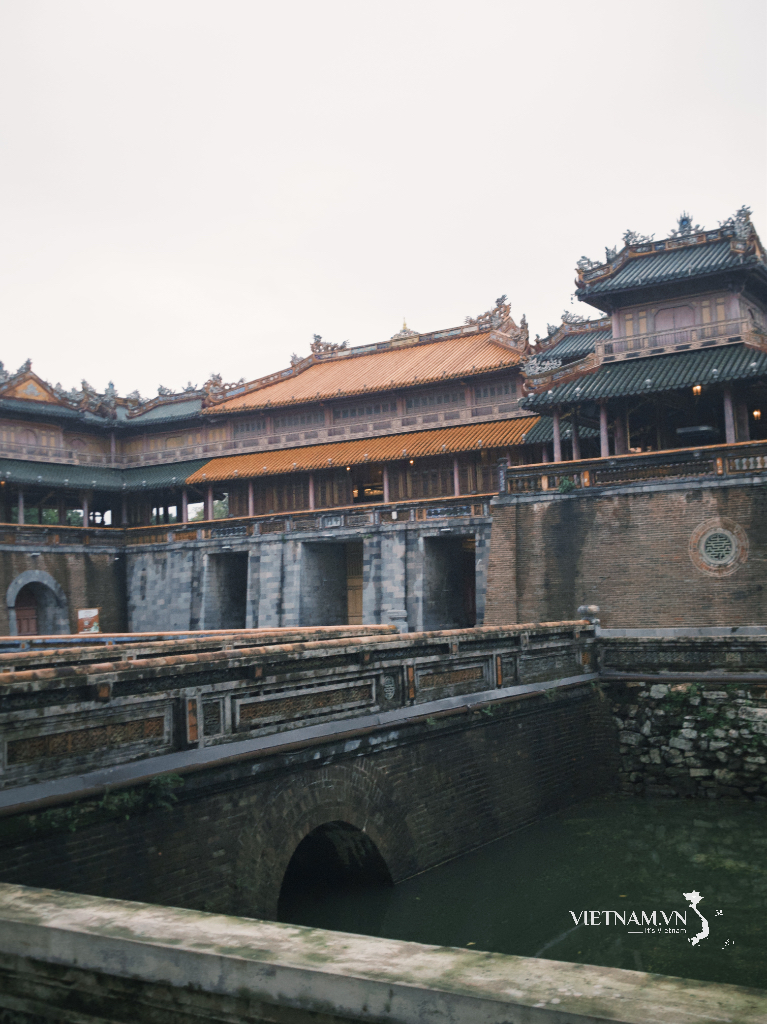When the rice stalks begin to bend, and the ears start to turn yellow, my mother reminds my father to check on the fields regularly; to harvest the rice as soon as it ripens, lest the summer rains and strong winds knock it over. She instructs my father to estimate the ripening time and set a harvest date in advance so she can also proactively arrange to take on hired harvesting work or help out with other villagers. In short, during harvest season, my mother has no free day. She harvests in the fields outside. She harvests in the fields inside. If there's less work nearby, she'll rush to the fields further away if anyone calls her…
Hiring someone to harvest rice in distant fields meant waking up early, eating leftover rice to tide her over, and then leaving. Usually, hired harvesters only worked for one morning, finishing the field and resting in the afternoon. But if someone hired her to harvest in the afternoon, my mother would take on the job: harvesting for one client in the morning and then harvesting for another in the afternoon! Others only brought a sickle, but my mother carried an extra pair of carrying poles. On the way home, she would stop by the threshing machine to ask for some fresh straw for the cows. She said: "Fresh straw is delicious and sweet; where will we find it after the season ends? I'll put in a little extra effort so the cows have something good to eat…" She only "took advantage" of the situation, but before the harvest season, she would quickly go to familiar landowners who didn't raise cows to ask for straw. Nowadays, people sell straw, but in the old days, if you didn't raise cows, the harvested straw would be generously given away for free. Even so, my mother was very understanding: to repay those who gave her straw, she would arrange to help them harvest for a few days the following season. She might also help dry the rice or clear the straw…
On days when she felt well, after harvesting during the day, at night my mother would go out to the storage yard to shake out the straw and look for leftover rice. If there was no straw, she would painstakingly sift through the piles of empty rice grains or sweep the tiled drying yards, picking out all the "golden grains" mixed with dirt and sand hidden deep in the cracks of the tiles. It seemed like little, but by the end of the season, she could gather a whole sack of half-empty rice (rice mixed with dirt and sand). My mother seemed very satisfied. She said: "At least there's enough to feed the chickens and ducks for almost a month, and it saves on rice in the granary..."
Now that harvest season is here, combine harvesters whir through the fields in less than a week, a far cry from the days of manual harvesting that took months! To be honest, I'm a true "rice farmer" myself, but I dread harvest season. The work is hard enough, but the rice dust stings and itches. Once, I blurted out: "I wish the season would end quickly, but why is there still so much rice in the fields...?" My mother overheard and replied nonchalantly: "I wish it would last forever, but it doesn't. For farmers, having rice to harvest all the time is the best, my child..."
Source: https://baophuyen.vn/sang-tac/202505/me-va-mua-gat-f291b34/



![[Photo] General Secretary To Lam receives President of the European Council Antonio Costa](/_next/image?url=https%3A%2F%2Fvphoto.vietnam.vn%2Fthumb%2F1200x675%2Fvietnam%2Fresource%2FIMAGE%2F2026%2F01%2F29%2F1769697816651_a1-bnd-5216-9741-jpg.webp&w=3840&q=75)


















































































![OCOP during Tet season: [Part 3] Ultra-thin rice paper takes off.](/_next/image?url=https%3A%2F%2Fvphoto.vietnam.vn%2Fthumb%2F402x226%2Fvietnam%2Fresource%2FIMAGE%2F2026%2F01%2F28%2F1769562783429_004-194121_651-081010.jpeg&w=3840&q=75)


![OCOP during Tet season: [Part 2] Hoa Thanh incense village glows red.](/_next/image?url=https%3A%2F%2Fvphoto.vietnam.vn%2Fthumb%2F402x226%2Fvietnam%2Fresource%2FIMAGE%2F2026%2F01%2F27%2F1769480573807_505139049_683408031333867_2820052735775418136_n-180643_808-092229.jpeg&w=3840&q=75)





Comment (0)